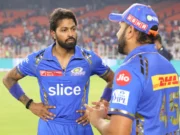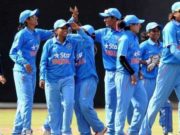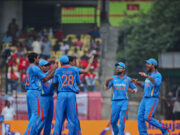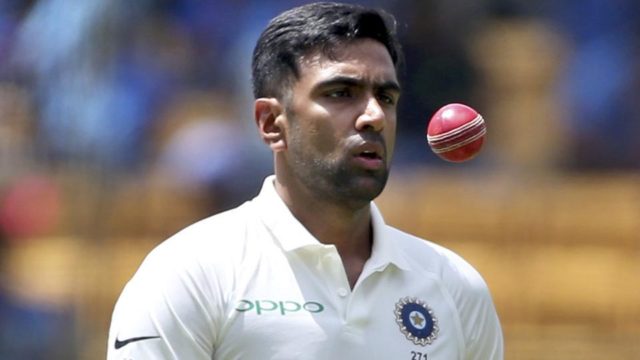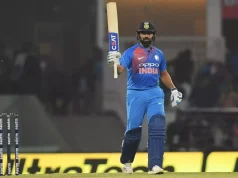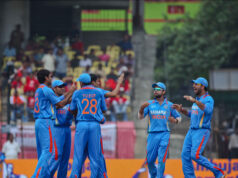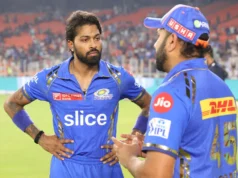R Ashwin’s Sudden Retirement Signals a Changing Phase for Indian Cricket
R Ashwin’s retirement, though abrupt, was likely anticipated by those at the helm. Rohit Sharma confirmed he was aware of Ashwin’s decision since the conclusion of the Perth Test on November 25, while Virat Kohli admitted he learned about it only on Wednesday morning. It appears that key figures in Indian cricket were informed in advance, even if the official announcement surprised the public, reports Live Cricket Score.
Whether this decision was entirely voluntary or subtly influenced is challenging to discern. However, it arrives when the Indian Test team appears poised for transformation, with a significant overhaul expected ahead of their next Test series in England in the summer of 2025. Historically, Australian tours have often served as the backdrop for considerable career decisions, earning a reputation as the setting for the twilight of several cricketing greats.
While no one may openly admit to any external pressure, there is a perception that Ashwin’s retirement is just the beginning of a more significant transition—echoing the retirements of senior players in quick succession back in 2008. The signals for change, whether subtle or direct, seem to have been sent.
Ashwin’s Career and Challenges
For Ashwin, the writing may have been on the wall during the Perth Test when Washington Sundar was preferred over him—a rare moment where another off-spinner was chosen ahead of him. With over 537 Test wickets in a stellar 13-year career, Ashwin has often seen other spinners picked in his place, but this particular decision was a first and perhaps difficult to digest.
Ashwin refrained from commenting on the specifics of this decision during his retirement announcement. Known for his cerebral approach to the game and a penchant for thoroughly dissecting decisions, Ashwin’s analytical mindset has been his strength and, at times, a perceived weakness. While his sharp, cricketing intellect made him an asset to the team, it may have also contributed to his being overlooked for leadership roles, as selectors seemed to favour more conventional candidates.
When Ashwin was in contention for the captaincy, his stint as Tamil Nadu skipper was scrutinised. A match against Gujarat, where Ashwin employed unconventional field placements, often serves as an example. One such decision involved positioning a fielder directly behind the umpire—an innovative tactic later adopted by MS Dhoni to counter Kieron Pollard’s six-hitting ability. This strategy became so widely recognized that it is now a common tactic in franchise cricket worldwide. Despite his forward-thinking strategies, Ashwin’s leadership aspirations were eclipsed by Ajinkya Rahane, who consistently performed overseas and was considered more straightforward to work with by the selectors.
Innovator On and Off the Field
Ashwin’s contributions extend beyond the boundary ropes. Within IPL circles, it is believed that some of the innovative retention and auction rules introduced in recent years bear his influence. These progressive rules, prioritizing players’ interests, have shaped the league’s evolving dynamics. Whether Ashwin will publicly claim credit or not, his forward-thinking approach is evident in the modern structure of cricket leagues.
A Farewell Befitting a Legend
Former chief selector MSK Prasad lamented the absence of a grand farewell for a cricketer of Ashwin’s stature. “While retirement decisions are personal, a legendary farewell would have been a fitting tribute to his illustrious career. It would celebrate his achievements and allow fans, teammates, and the cricketing fraternity to express their gratitude for his immense contribution. His legacy as one of India’s greatest cricketers is forever etched in history,” Prasad said.
As Indian cricket braces for a new chapter, Ashwin’s departure marks the end of an era defined by his brilliance, innovation, and resilience. His career, full of highs and occasional setbacks, remains a testament to his unmatched skills and indelible impact on the game. While he may have walked away quietly, his legacy will continue to inspire future generations.


